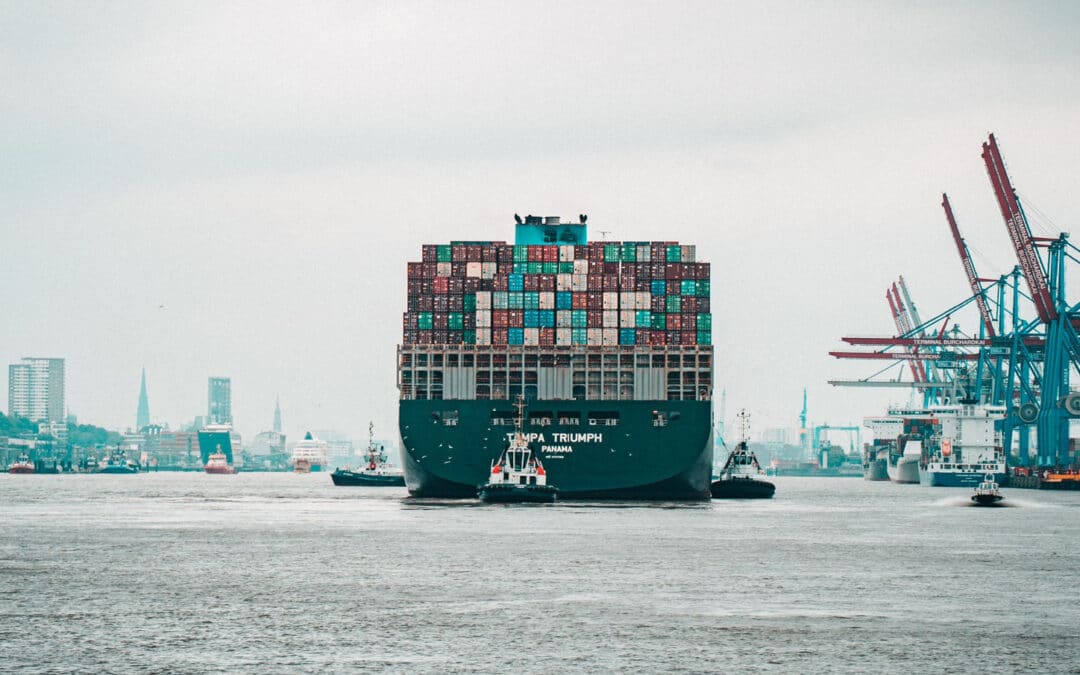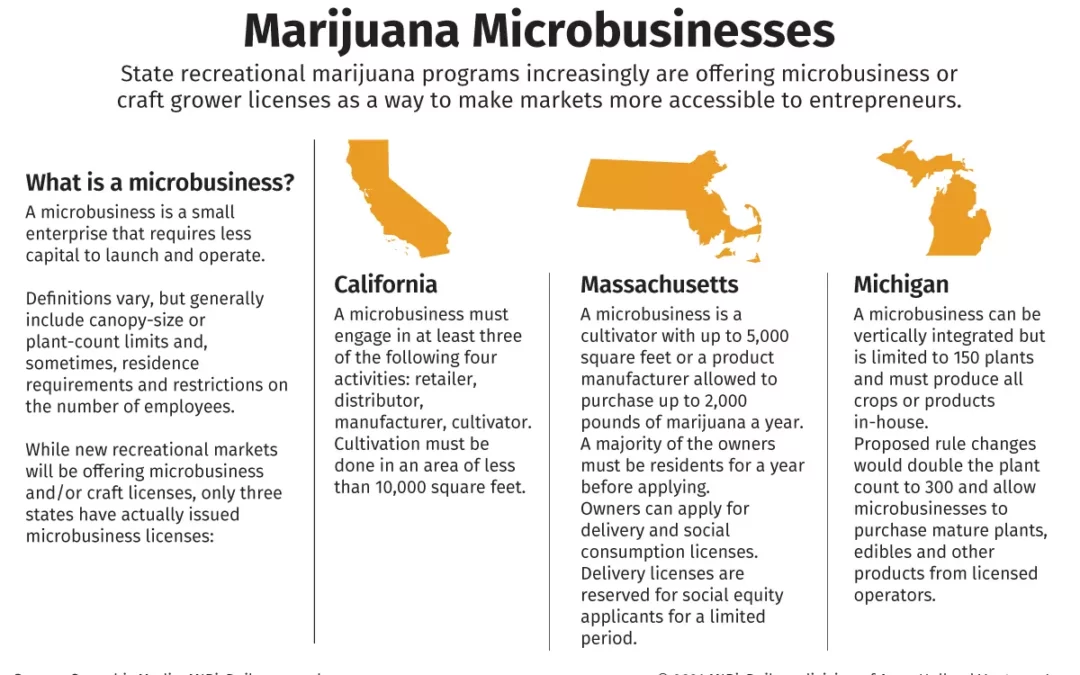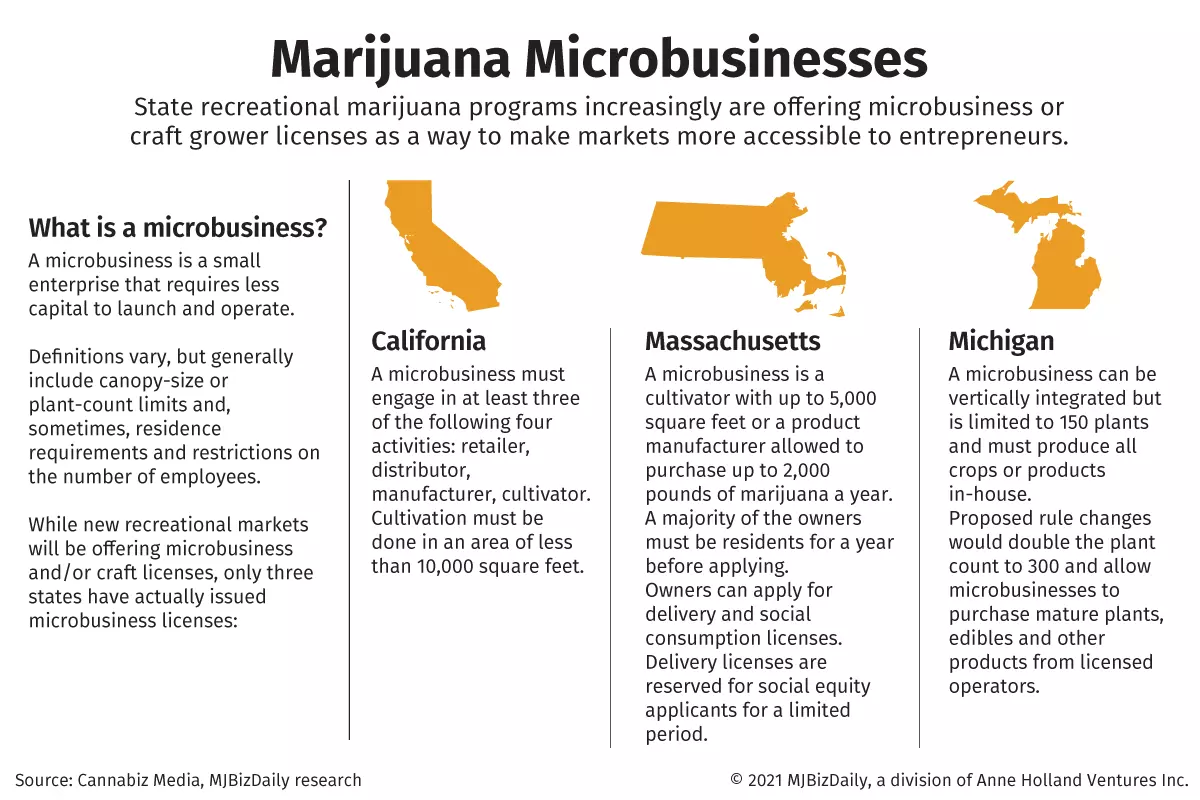
Cannabis Supply Chain Shortages Becoming More Prevalent

Getting basic materials like ceramics, stainless steel and computer chips from China has gotten so difficult that its about to hit one of the few industries that has so far been insulated from supply-chain woes: U.S. cannabis.
Rolling power outages in China have affected about six out of the 13 components that go into vape hardware made by the Blinc Group, according to Chief Executive Officer Arnaud Dumas de Rauly. There are also widespread problems with shipping. All of this may start affecting the price of cannabis vapes, but on top of all of this, Lunar New Year is coming. With it, disruptions and delays are expected to intensify as workers take long holidays, Dumas de Rauly said.
“I believe this issue will go on at least until the end of May,” Dumas de Rauly told me. “It’s not just vape devices. The raw materials for the equipment that fills them with cannabis, the LEDs for the grow houses — all of it comes from China.” The company has noticed shortages of chip sets, which are used in most technology devices, including those for vaping marijuana.
The cannabis industry has so far been shielded from supply-chain woes because most of it is hyper-local. Since it’s a Schedule I substance, companies risk legal imbroglios unless they grow and process it in the state where it will be sold. But state-specific supply chains can only protect the industry for so long.
4Front Ventures, a company with operations in California, Illinois, Massachusetts, Michigan and Washington, hasn’t seen shortages of raw materials yet, but is already suffering from shipping delays from items such as vape cartridges and specialty packaging, including tin boxes.
“We’re trying to order ahead — we’re not paying more, but we’re paying up front, also we’ve begun to source domestic pools of inventory,” said Josh Krane, the company’s vice president of operations for California. This November, he made orders and paid deposits for goods that he won’t need until April, May or even June, he told me.
So far, both 4Front and Blinc say they’ve managed to avoid passing costs on to consumers by finding alternate suppliers and prepaying far in advance for orders. Whether consumers see an impact will hinge on the multistate operators and dispensaries that sell the end products. Thanks to market dynamics, however, many of them have some wiggle room.













